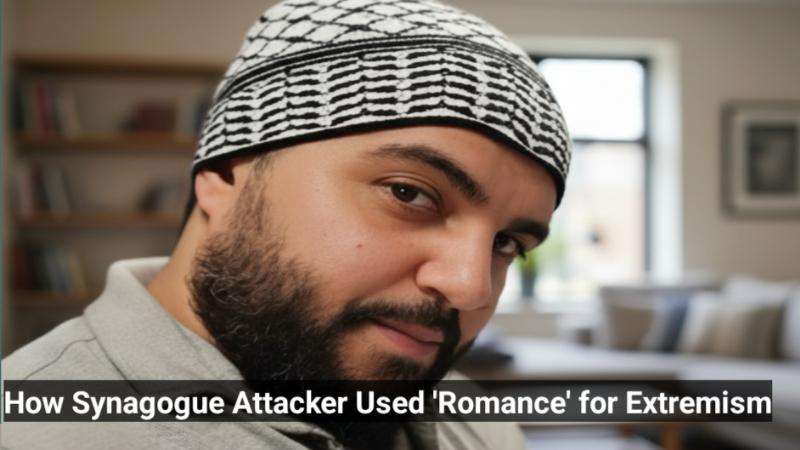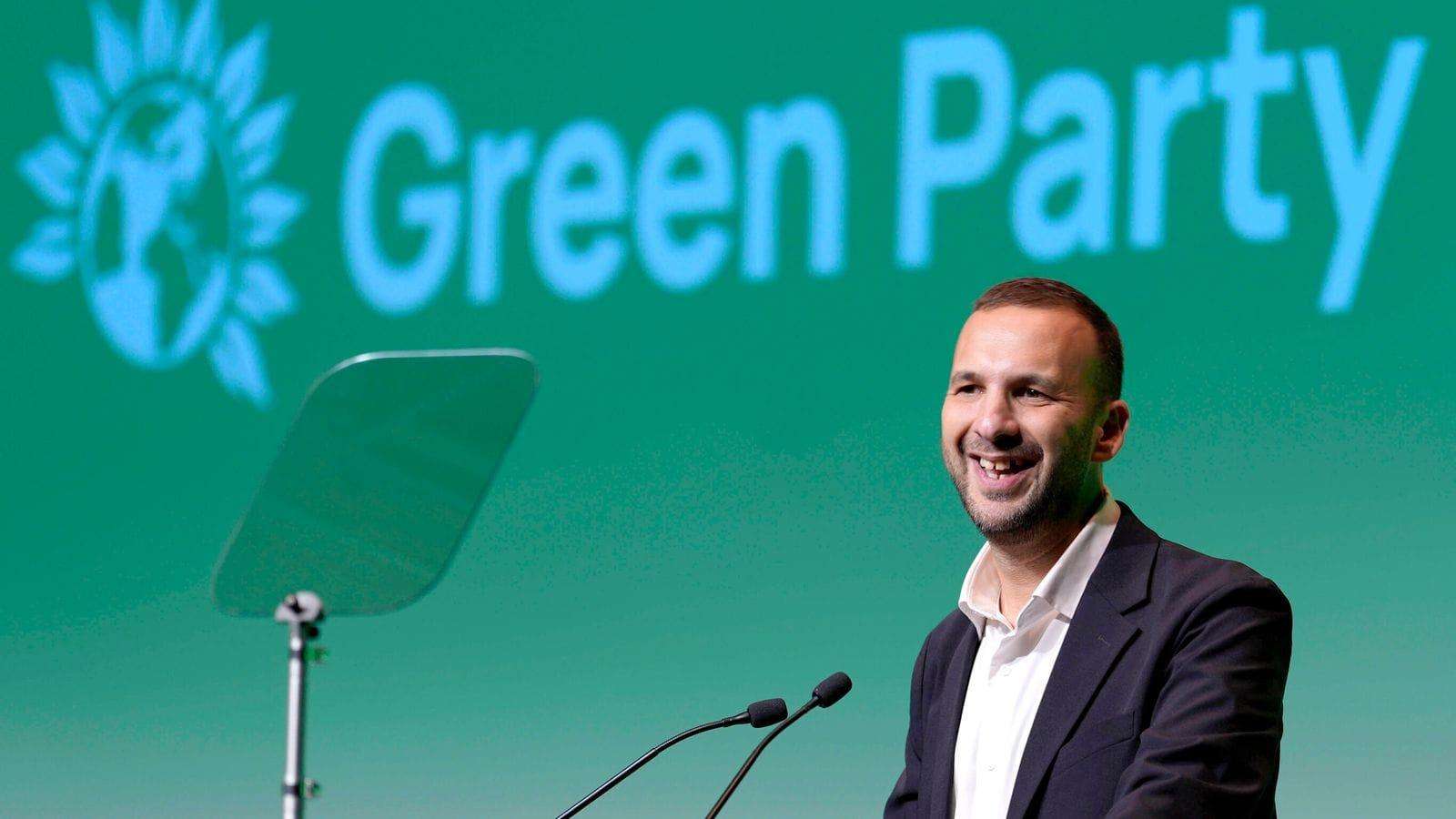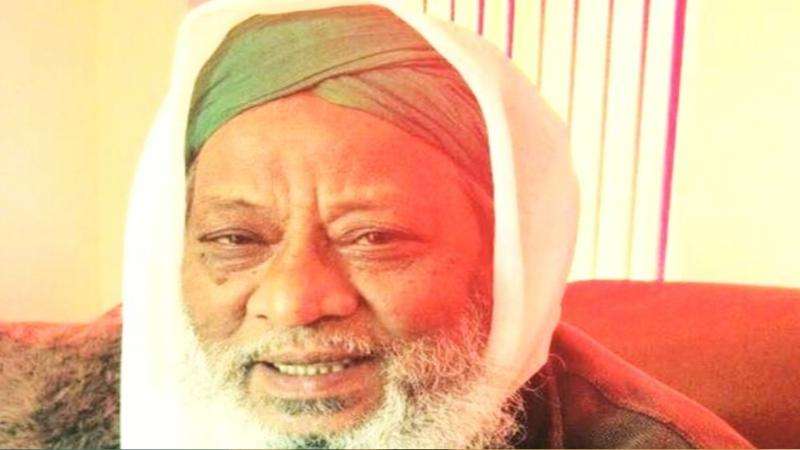A long-awaited public inquiry has delivered a damning verdict on the police handling of intelligence that preceded the brutal murder of highly respected Rochdale Imam Jalal Uddin. Chaired by His Honour Thomas Teague KC, the inquiry concluded that a "serious blunder" by counter-terrorism police resulted in "missed opportunities" to disrupt a meticulously planned plot by Islamic State (ISIS) extremists, potentially saving the life of the 71-year-old father-of-seven.
Mr. Uddin, a gentle and well-respected figure in the community whose funeral was attended by 2,000 locals, was bludgeoned to death with a hammer in a public park on February 18, 2016. His killer, Mohammed Kadir, then 24, carried out the heinous act because Mr. Uddin practiced a form of Islamic healing known as ruqyah, which ISIS adherents condemned as "black magic" and blasphemous. The murder was intended as a chilling message that such practices would not be tolerated.
Kadir, from Oldham, fled to Syria immediately after the killing; his current whereabouts and whether he is still alive remain unknown. However, his getaway driver, Mohammed Syeedy, then 21, a former Manchester United steward and charity worker from Rochdale, was subsequently convicted of murder and is currently serving a life sentence. A third man, Mohammed Syadul Hussain, who had previously been on police radar due to his young nephew expressing a desire to join the Taliban, was jailed for five years for assisting Kadir in leaving the UK.
A Pattern of Missed Warnings
The public report from Judge Teague's inquiry, laid before Parliament today, meticulously details how all three convicted men had come to the attention of law enforcement prior to Mr. Uddin’s murder. Crucially, Mohammed Kadir was known to the North West Counter Terrorism Unit (NWCTU) at the time of the murder, and by late October 2015, he had been identified as a "person of high risk and significant concern."
Despite this grave assessment, and the recognition by December 10, 2015, that a targeted police investigation into Kadir's activities was essential, the necessary steps to initiate such an inquiry were never taken. This included the critical failure to appoint a Senior Investigating Officer (SIO) to lead the investigation. While a potential candidate was identified within NWCTU, the report states that "for reasons beyond the control of that officer and of NWCTU, the steps necessary to place him in a position to take up the duties of an SIO were not taken." The precise details of this administrative lapse have not been made public in the report.
"Serious Blunder" and Lost Opportunities
Judge Teague's report unequivocally states: "my conclusion is that this failure... amounted to a serious blunder that led to the loss of two opportunities to detect or disrupt the activities of Kadir and Syeedy before Mr Uddin was murdered."
The inquiry highlighted two key missed opportunities stemming from this failure to appoint an SIO. First, Kadir's chilling Facebook posts from September 2015 should have been scrutinised. These posts explicitly described Imams like Mr. Uddin as "dirty kufr people," vowed to "take this on" to "paralyse them," and even asked for prayers "that we do not get caught." These posts were captured by police but tragically not reviewed before the murder. Second, even if the direct plot wasn't uncovered from the Facebook posts, other investigative actions concerning Kadir might have detected or at least disrupted the plot. Just a month before the killing, intelligence indicated Kadir had access to extremist literature, including bomb-making manuals and instructions on violent jihad. The failure to appoint an SIO meant these crucial leads went unpursued.
Former detective inspector Frank Morris, who retired from Greater Manchester Police (GMP) in 2021, testified during the inquiry that an investigation into Hussain had been prematurely closed down two years before the murder, further highlighting systemic issues.
"The failure to make a prompt and effective appointment of an SIO thus led to the irretrievable loss of opportunities which, had they been acted upon, might have prevented the murder of Jalal Uddin," the report concludes.
Both Kadir and Syeedy were consumed by hatred for Mr. Uddin after becoming radicalized supporters of ISIS, as revealed during Syeedy’s trial. While Kadir remains at large, Syeedy continues to serve his life sentence.
The inquiry's findings underscore a devastating administrative oversight that allowed dangerous extremists to operate unimpeded, leading to the tragic and preventable death of a beloved community figure. Judge Teague extended his condolences to Mr. Uddin's family and friends, acknowledging the profound impact of this "serious blunder."


_3.jpg)
_4.jpg)




.svg)


